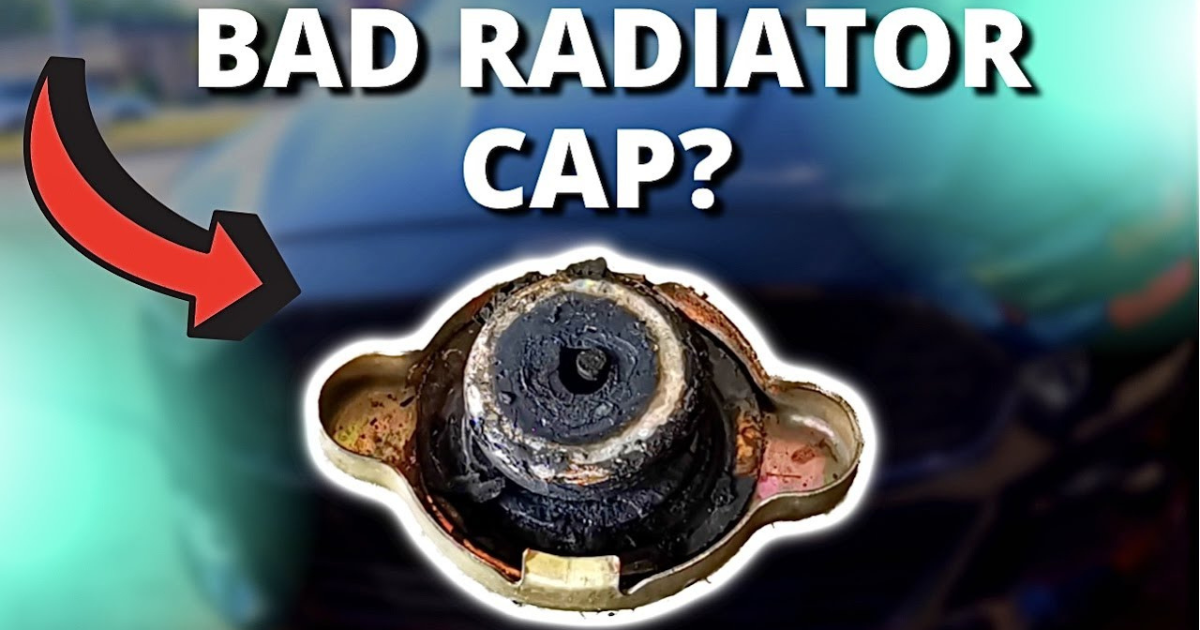Radiator fans help keep the engine at the ideal operating temperature; they are standard on almost all road-going vehicles and all newer models of cars. In order to keep the engine and radiator cool, they are positioned near the radiator and draw air through its fins.
This is particularly true at low speeds or while the engine is idling, when the airflow is minimal. By drawing air from the engine and directing it to the radiator, the cooling fan keeps the radiator at an optimal working temperature.
What are the signs and symptoms of a bad radiator fan?
Similar to any other car problem, a bad radiator cooling fan might cause a few specific symptoms. In light of this, it is imperative that you examine your radiator fan carefully or get expert help if you see any of these signs.

1. The fan not coming on
The inability to activate the cooling fan is the most typical sign of a faulty relay. The fan won’t turn on if the electric motor dies—which happens quite often. For this reason, the electric fan motor and fan blades must operate in tandem to force air into the radiator fins.
2. Blown radiator fan fuse
An further sign of a malfunctioning or subpar radiator fan is a blown circuit fuse. To protect the remainder of the system from electrical surges, the cooling fan circuit fuse will be blown if the electric motor surges or fails. If you want the radiator fan to turn on again, you’ll need to change the blown fuse.
3. Temperature warning light
An issue with the cooling system is indicated by the temperature warning light. If this message appears on your dashboard while you are driving, you must turn off the engine and let it cool down to avoid overheating. If your temperature warning sign is on, it’s probably because your radiator fan is broken or not working properly.
4. Poor A/C performance
Do not hesitate to consult an expert if you discover that the radiator fan is inoperable when the air conditioner is turned on. Automotive air conditioning (AC) problems can be caused by a poorly designed radiator fan. This is because the airflow produced by the radiator cooling fan is two times that of the condenser fan.
To remove the refrigerant’s vapour, the radiator fan draws air through the condenser. There will be an impact on the AC’s performance if the radiator fan stops working.
5. Vehicle Overheating
When the cooling system is malfunctioning, one of the common symptoms is engine overheating, which happens when the radiator is not functioning properly. It is possible to programme electric radiator fans to activate at predetermined times or when a predetermined temperature is attained.
Overheating of the engine might occur if the radiator fan stops working. Because there are a lot of potential issues with the cooling system that can lead to engine overheating, diagnosing the problem or getting in touch with a skilled mechanic are both necessary steps in fixing the problem.
6. A loud whirring Noise
If your radiator cooling fan motor ever stops working, you can hear a strange clicking or whirring sound that changes pitch when you turn the engine crank. The blades of the radiator cooling fan are delicate and interdependent; if even one of them becomes misaligned, the fan could vibrate and damage other parts.
An unpleasant screeching sound will be produced as the fan clutch starts to give out. No matter how loud the bad radiator fan noise is, if you fix it before it becomes worse, you won’t have to pay as much to fix it.
How do you check a radiator fan?
Whether it’s an electric or manual fan, the way to inspect a radiator cooling fan is different. Get a voltmeter and see if power is reaching the electric fan’s wires after you start the engine and let it get to its typical working temperature, where it turns on.
It means power is reaching it if the voltmeter reads near or equal to 12 volts. In that case, your cooling fan is likely ineffective. Watching this video on YouTube will also help.
Conclusion
Keeping the engine at its optimal operating temperature is the responsibility of the cooling system, which includes the radiator cooling fan. The vehicle’s engine will begin to overheat as soon as it begins to malfunction or eventually goes bad. Be sure to get in touch with a competent mechanic to check and repair your radiator fan if you see any of the symptoms listed above in your engine.





